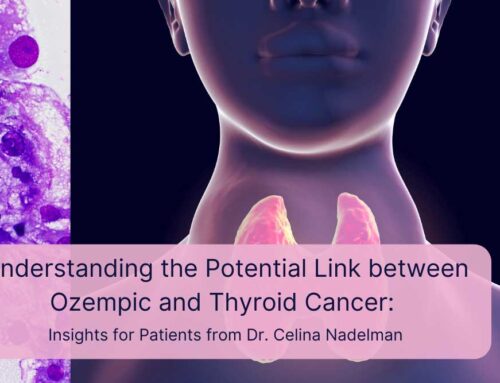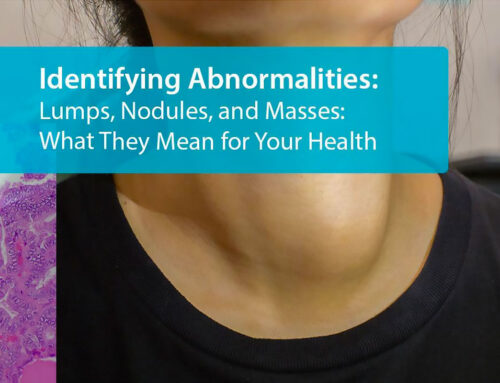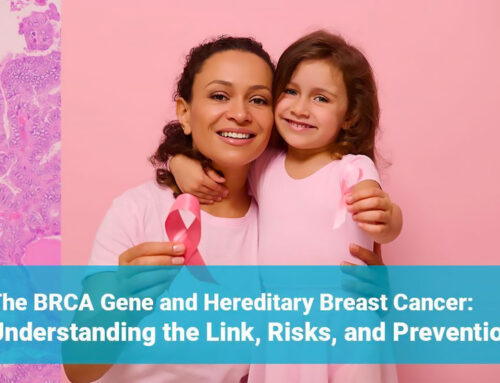October: Breast Cancer Awareness Month
October is Breast Cancer Awareness Month, which is a good time to update your knowledge about breast cancer. Except for skin cancers, breast cancer is the most common cancer in women. The American Cancer Society estimates that in 2017, over 250,000 new cases of invasive breast cancer will be diagnosed in women. Over 63,000 cases of carcinoma in situ (CIS) will also be diagnosed. CIS is the earliest and a pre- invasive form of breast cancer. Luckily, death rates from breast cancer have been dropping, partly because of screening and early detection techniques like fine needle aspiration (FNA) biopsies.
Finding a cancer early is key to treatment and improves survival rates. You should be familiar with your breasts so you’ll be aware of changes like a painless, hard lump with irregular edges (although breast cancers can also be soft and rounded). Other possible symptoms include breast or nipple pain, swelling, skin irritation or dimpling, and thickened, red, irregular or scaly skin of the nipple or breast, sometimes called “peau d’orange” for its similarity to the skin of an orange. Regular mammograms are useful screening tools, as well. Ask your doctor how often you need one, as screening recommendations vary according to age and risk factors such as a family history of breast cancer.
If a mass or lump is detected, a fine needle aspiration biopsy is often the next step. The goal of a biopsy is to remove cells so they can be examined under a microscope. An FNA biopsy is a relatively simple procedure. The doctor uses a very thin needle. The needle is inserted into the breast mass and then the material is expunged onto a slide and fixed for staining. The cells are then examined under a microscope to determine if there is cancer. The procedure is relatively quick and inexpensive compared to other methods, and it can be performed in the comfort of a doctor’s office. The results are usually available to your referring doctor within a day or two.
If you’ve found a lump or have any concerns about changes in your breasts, contact your doctor. A fine needle aspiration biopsy can quickly set your mind at ease if you don’t have cancer. If the biopsy does show abnormal cells, treatment can be initiated early, which improves your chances of recovery.




